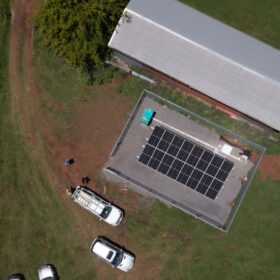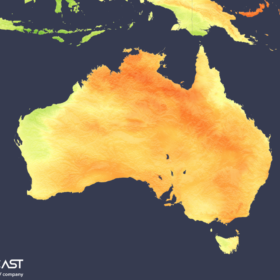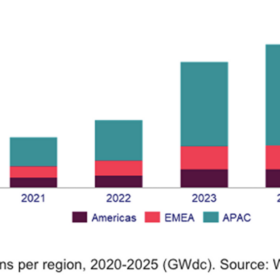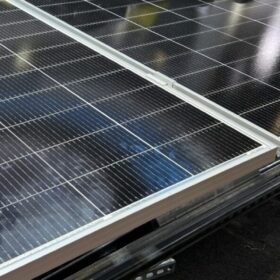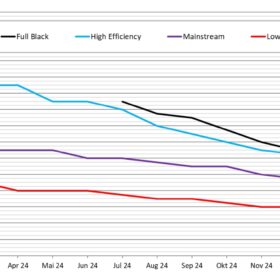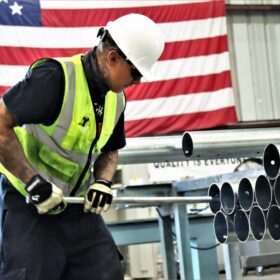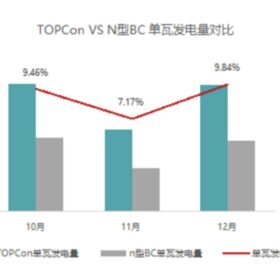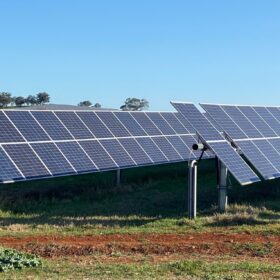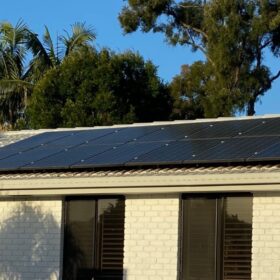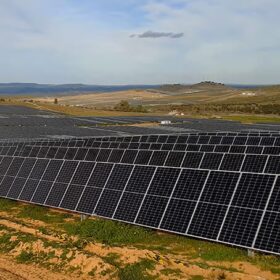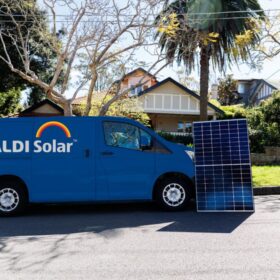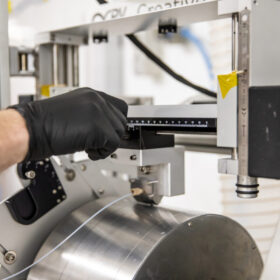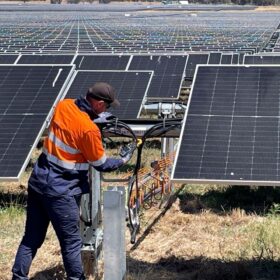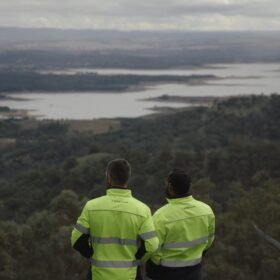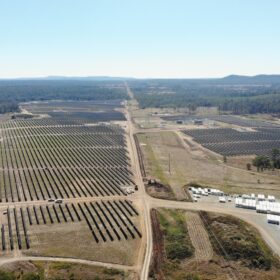AusNet invests in solar and storage to support energy security
Victorian electricity and gas network company AusNet Services is turning to solar and battery energy storage systems to improve energy reliability in communities serviced by its electricity distribution network.
Solar gains across Australia defy seasonal cloud forecast
Solcast, a DNV company, reports that Australia’s summer has been much sunnier than expected so far, with localised weather events only bringing brief disruptions.
Wood Mackenzie tips solar growth to stagnate in 2025
Wood Mackenzie’s latest report forecasts that 493 GW (DC) of solar will be added throughout the world this year, compared to 495 GW in 2024. Solar module prices are expected to rise this year as manufacturers aim to recover profit losses from the past two years.
JinkoSolar takes top spot on WoodMac’s list of PV module manufacturers
Wood Mackenzie says that JinkoSolar has taken first place on its list of solar panel manufacturers. The report confirms the dominance of the TOPCon technology but also notes that heterojunction and back contact panel manufacturers are increasing their production share.
PV module prices at crossroads
Martin Schachinger, founder of pvXchange.com, said PV module prices will depend on national and international demand trends in the coming months, with outcomes ranging from increases to stagnation or further declines. Almost anything is possible, but nothing is certain.
Trump orders pause to IRA funding
An executive order released by the newly installed United States government states, “All agencies shall immediately pause the disbursement of funds appropriated through the Inflation Reduction Act of 2022.”
JinkoSolar’s TOPCon modules offer 8.82% yield gain in field test
JinkoSolar’s latest n-type tunnel oxide passivated contact (TOPCon) modules delivered higher energy yield per watt than a competitor’s n-type back contact (BC) modules in a three-month field test in Japan, under varying irradiance levels.
X-Elio seeks green light for 720 MW solar and battery project
X-Elio has lodged an application with the federal government seeking approval to build a 720 MW / 2,880 MWh solar-plus-storage project in Queensland’s North Burnett region.
Nuclear risks depriving millions of Australians the promise of their solar investment
Australia’s energy future is at a critical juncture. With one of the highest rates of rooftop solar saturation globally, the nation has embraced renewable energy in a way that reflects both environmental commitment and practical economics. Yet, this progress could be undermined by a potential turn to nuclear power – a choice that risks sidelining the investments made by millions of Australians in clean energy.
Masdar makes 1 GW move into Philippines power market
United Arab Emirates-based renewable energy company Masdar has announced its entry into the Philippines market, revealing plans to develop 1 GW of clean energy projects in the Southeast Asian nation by the end of the decade.
